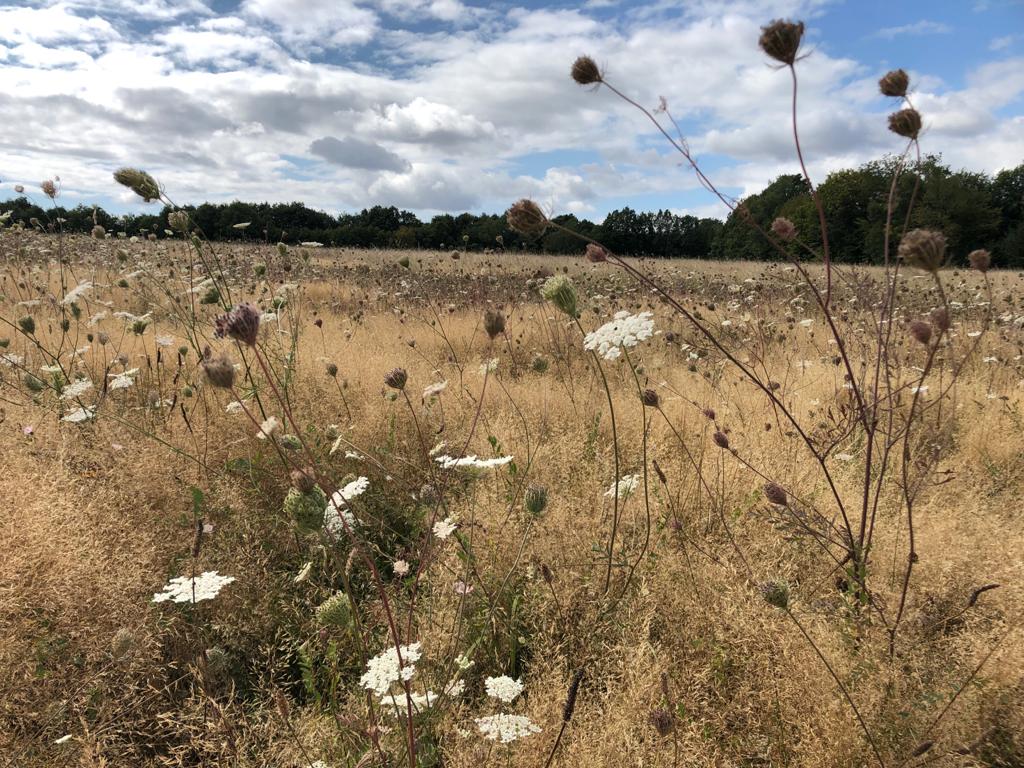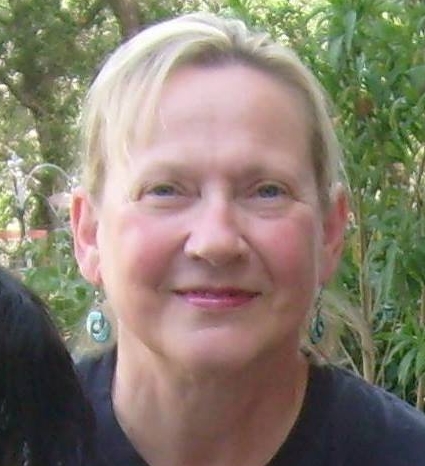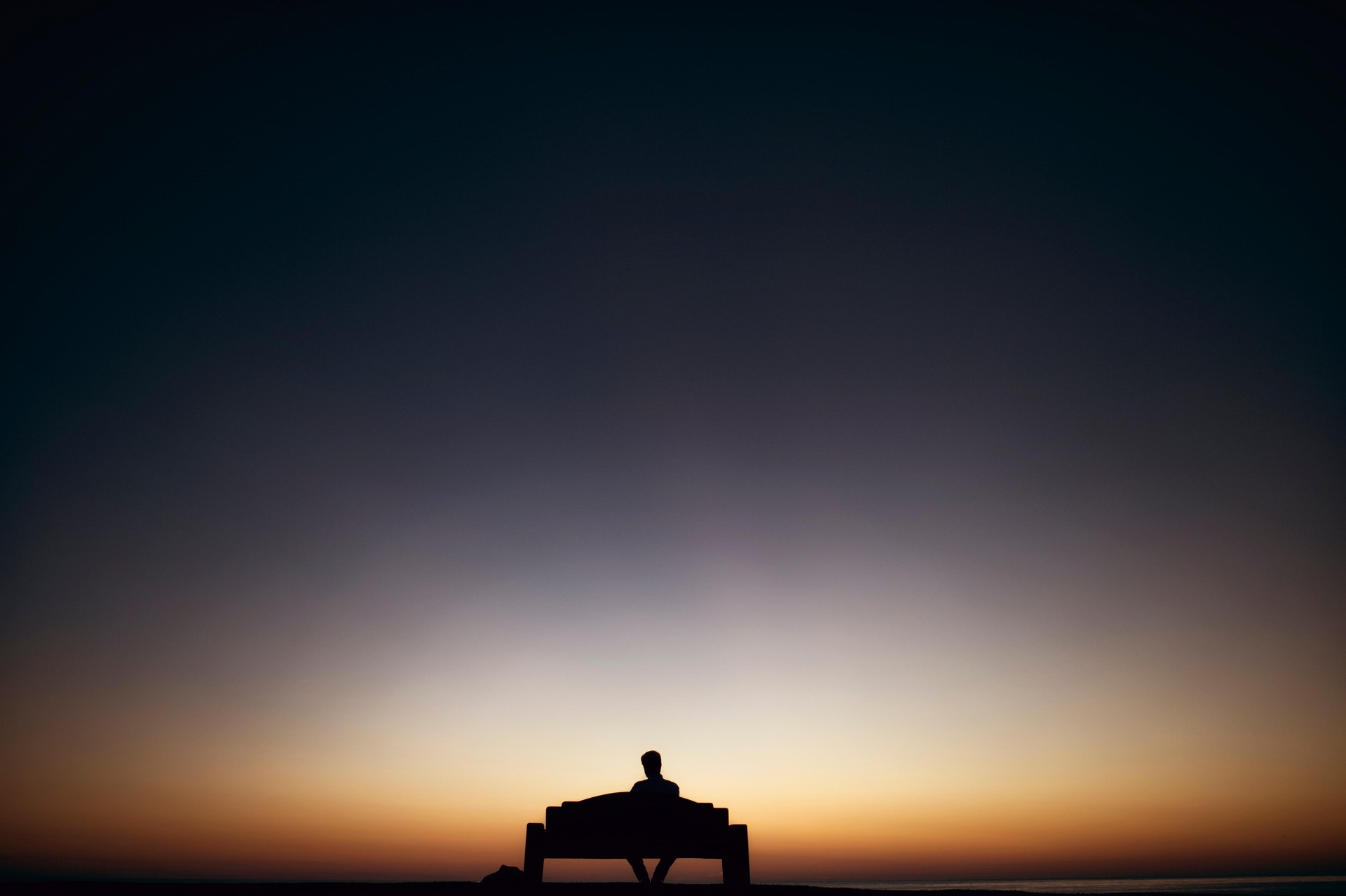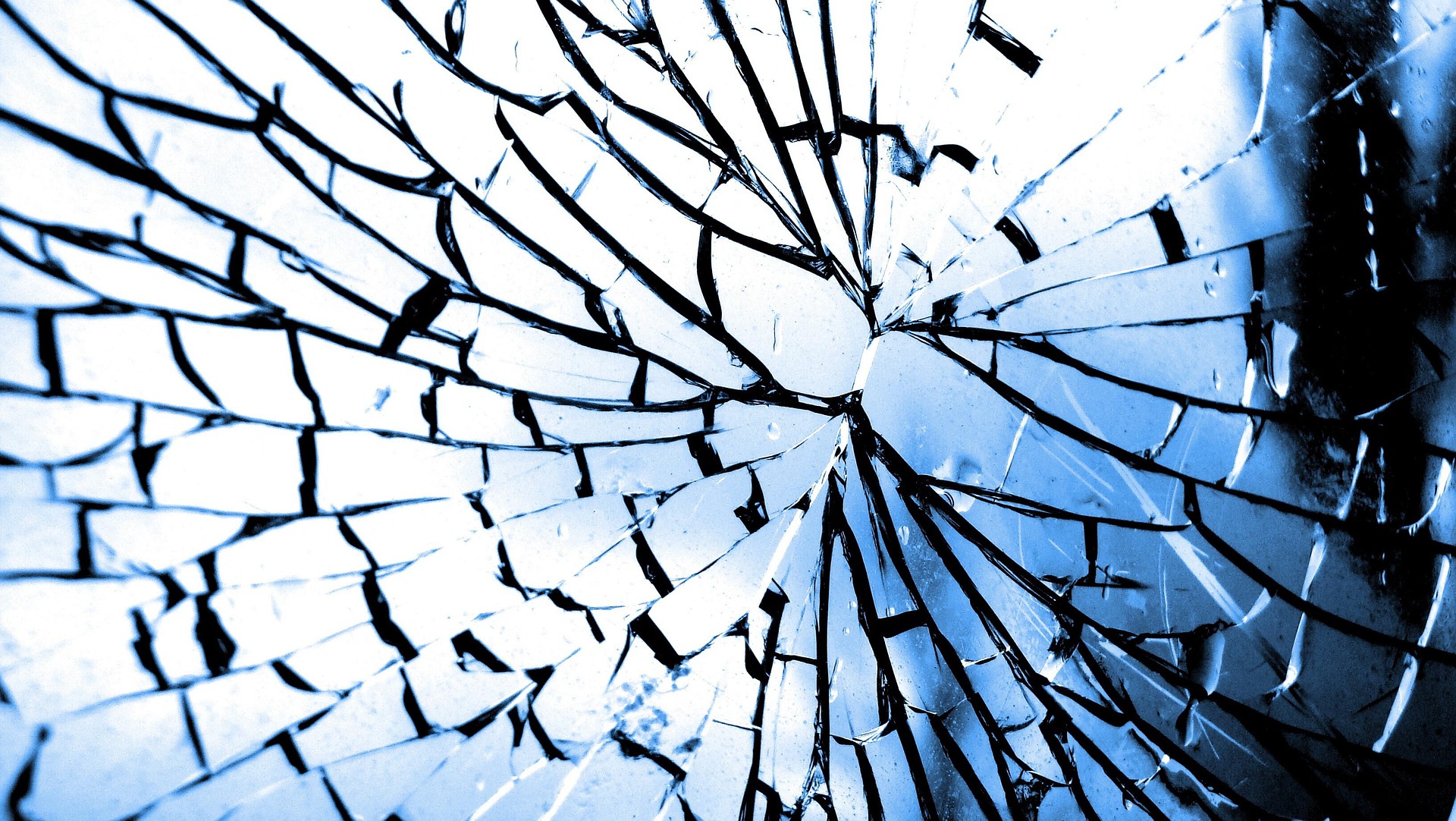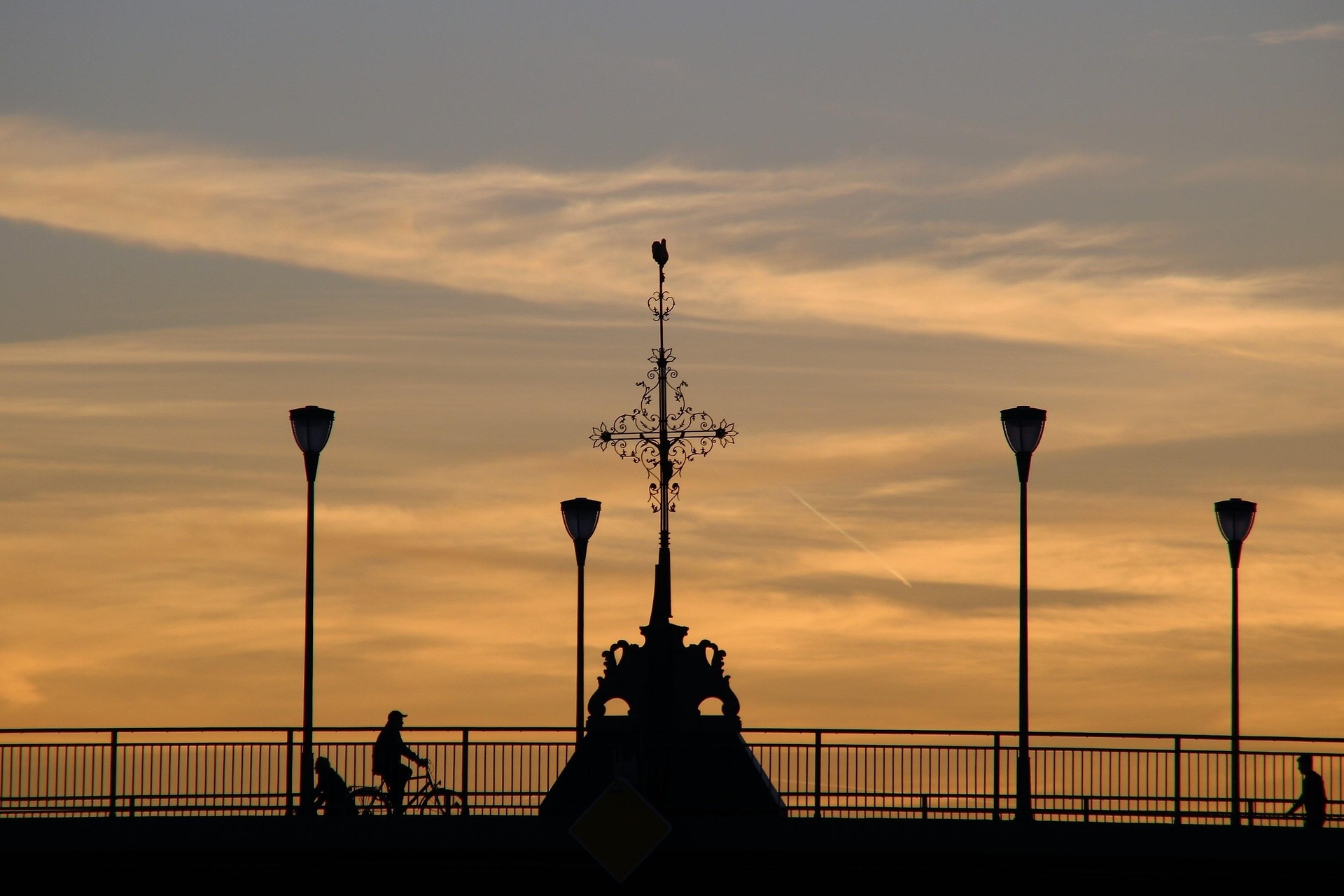Salvation unfolds as a shock to the whole ego system of perception. The shock stimulates awareness. This is accompanied by a profound sense of disorientation as the ego’s way of seeing everything revolving around itself is overturned. The new way of seeing changes the way we behave. Vision not brute will is the means of salvation: a change of heart comes before a change of deeds. We cannot separate the way we see from what we do. The work of salvation heals the split in ourselves by making the inner and the outer dimensions of self one and the same. [ . . . .] Salvation is in a sense a trick of light, a change of perception. [ . . . . ] Salvation is a taste of the Kingdom. Like the Kingdom, it is everywhere. It cannot be objectified and analyzed but it can be known by love in faith.
After meditation: “Sojourns in the Parallel World” by Denise Levertov in THE COLLECTED POEMS OF DENISE LEVERTOV (New York: New Directions 2013), pp. 935-56.
We live our lives of human passions,
cruelties, dreams, concepts,
crimes and the exercise of virtue
in and besides a world devoid
of our preoccupations, free
from apprehension—though affected,
certainly by our actions. A world
parallel to our own though overlapping.
We call it ‘Nature;’ only reluctantly
admitting ourselves to be ‘Nature’ too.
Whenever we lose track of our own obsessions,
our self-concerns, because we drift for a minute,
An hour even, of pure (almost pure)
response to that insouciant life:
cloud, bird, fox, the flow of light, the dancing
pilgrimage of water, vast stillness
of spellbound ephemerae on a lit windowpane,
animal voices, mineral hum, wind
conversing with rain, ocean with rock, stuttering
of fire to coal—them something tethered
in us, hobbled like a donkey on its patch
of gnawed grass and thistles, breaks free.
No one discovers
just where we’ve been, when we’re caught up again
into our own sphere (where we must
return, indeed, to evolve our destinies)
—but we have changed, a little.

